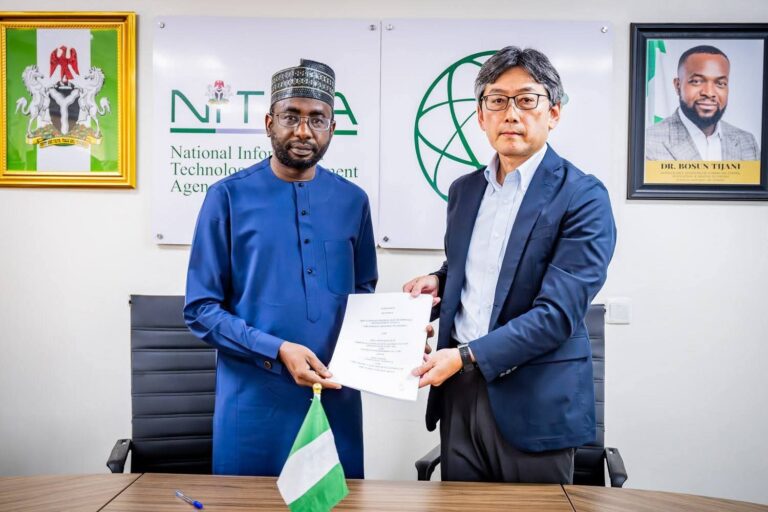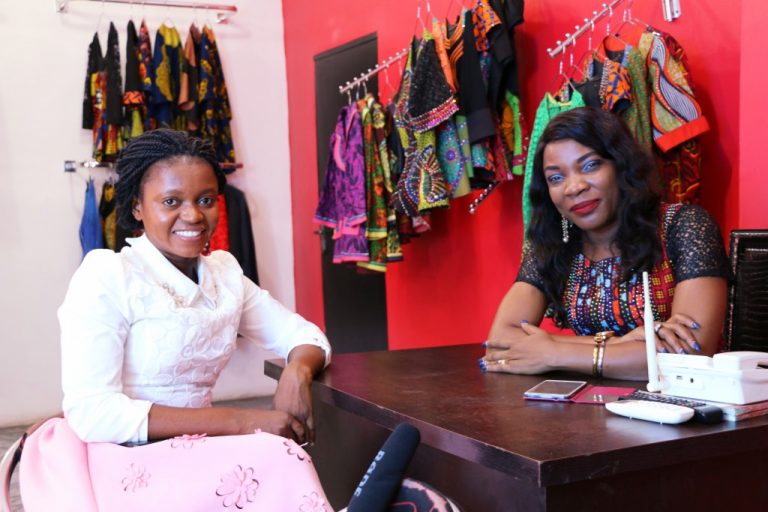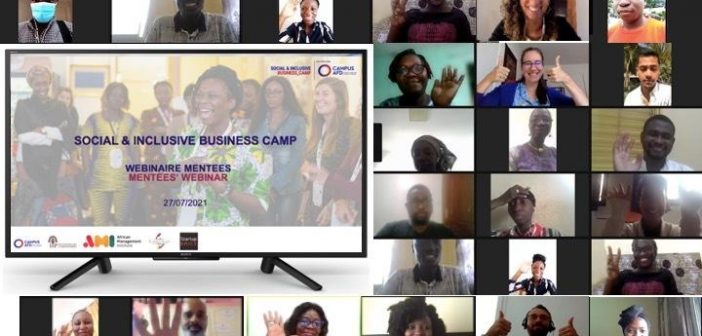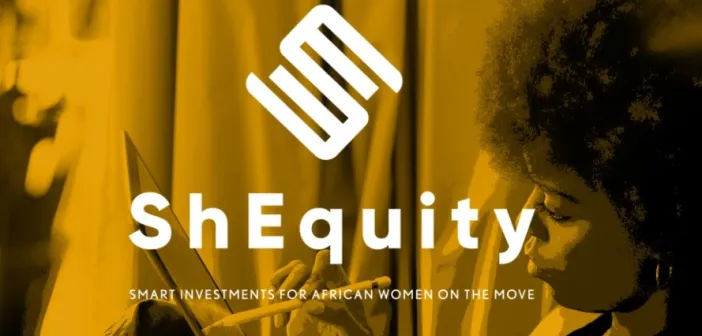Nairobi-based Business Incubator, Villgro Africa Supports African Healthcare Startups With $2 Million

Over the past seven years, Nairobi-based Villgro Africa, an early-stage investor and business incubator with a focus on health and life sciences, has invested over $1.36 million in 36 Kenyan healthcare startups.
As part of its regional expansion, Villgro Africa now plans to open a Biotech Innovation Hub.
The annual 2023 Sankalp Summit, which released the 2015–2022 Impact Report. Villgro Africa contributed $2,146,401 in total investments since its establishment, with $1,317,087 going to entrepreneurs in Kenya.
based on the 2015–2022 Impact Report, which was released at the yearly 2023 Sankalp Summit. Out of the $2,146,401 contributed since inception, Villgro Africa invested the most in Kenyan businesses, giving them $1,317,087.
Since its inception, Villgro Africa has made healthcare accessible to those at the bottom of the economic pyramid, according to Wilfred Njagi, CEO and co-founder of the company. Villgro has gradually provided seed capital to social entrepreneurs that are resolving Africa’s healthcare and lifestyle problems during the past seven years.
These businesses have so far generated more than $5.2 million in sales, 540 employment, and have impacted more than 2 million people’s lives.
“As we continue to grow, we are thrilled about the launch of a Biotech Innovation Hub that will create shared value by leveraging East Africa’s genetic diversity to accelerate the development of medications, vaccines, and diagnostics for the control and elimination of poverty-related illnesses, rare illnesses, neglected tropical diseases, and NCDs,” said the spokesperson.
Local manufacturing in the healthcare industry presents an opportunity for startups and investors, according to Dr. Robert Karanja, co-founder and Chief Innovation Officer at Villgro Africa.
“In the future, local financial sources will be required. African governments, businesses, and others would have a chance to invest in the startup ecosystem if outside financing were to decline. Added Dr. Karanja.
With a goal fund size of $30 million and in collaboration with Jaza Rift Fund, Villgro Africa now plans to develop an incubator-fund platform to assist firms who graduate from the incubator.
Among the notable businesses that Villgro Africa has backed are Drop Access, a Kenyan company that makes mobile, solar-powered, smart fridges that can be put on a bike, boat, or motorcycle to deliver vaccines and other medical supplies to remote, off-the-grid areas.
Especially for the elderly and those with life-limiting conditions, Bena Care, a Kenyan company that offers home-based care, is aiming to lower the cost and improve the quality of healthcare.
In order to become the leading provider of advanced wound care and theatre linens in the area, Negus Med, a distribution and manufacturing company, increases access to cutting-edge medical devices and supplies.
“As we celebrate 7 years of growth and impact, we are incredibly grateful for a pipeline of quality companies, for funders who believe in the vision, for our board members and mentors who freely give of their time and expertise, and for our clients who entrust their plans to our team,” said Rob Beyer, Co-Founder and Executive Chairman.
Wilfred thanked the partners of Villgro Africa and stated, “While most of Villgro’s strength has been in providing fair access to health care, especially for the most vulnerable people, we can owe the last seven years of success to our partners. We gratefully thank all of our stakeholders and partners, including AUDA NEPAD, Johnson & Johnson Foundation, AI4D (supported by IDRC & SIDA), Boehringer Ingelheim Social Engagement (BISE), and others, who have accompanied us on our journey to revolutionize Africa’s healthcare industry. We firmly think that Villgro Africa is well-positioned to mobilize startup funding and technical help to where it’s most needed — to alter 30 million lives in Africa by 2030 — because to all the support we have so far received.






